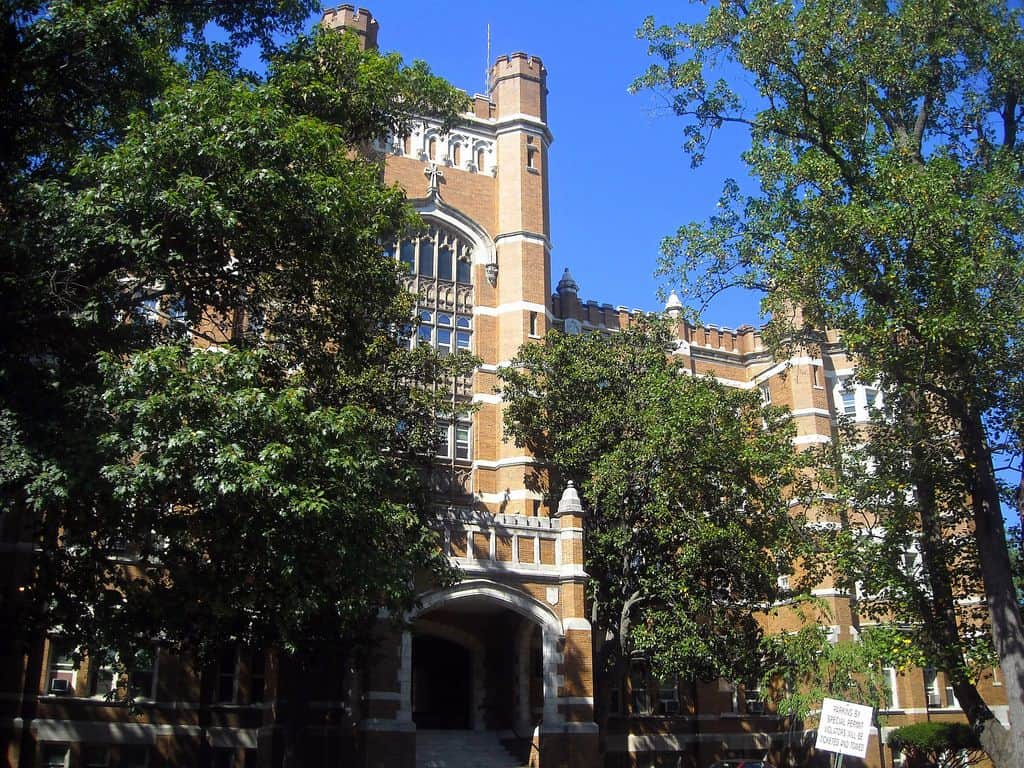Recently, I decided I would like to go back to law school. About ten ago, I was enrolled at a prestigious university’s school of law but, for several personal reasons, decided that a law degree wasn’t for me. However, I revisited the decision when an executive recruiter told me that some professionals in the financial world and other industries have a law degree—but they don’t practice law. These individuals’ abilities to negotiate contracts, and think like lawyers, are especially valued by Wall Street, financial institutions, asset managers, and private equity firms in search of razor-sharp minds.
I left law school in good standing, but didn’t complete all of the first year classes. Of course, my admissions essay and interview require my full explanation of why I dropped out in the first place…I hate to admit it, but maybe I wasn’t especially mature when I decided to do that. Facing myself at a younger age was a big life lesson for me!
Competitive Law Schools
My former law school might not immediately have a seat for me, so I’m revisiting all the requirements of getting into law school all over again. As you can imagine, there are lots of items to consider. Because it’s been awhile for me, I need to take the LSAT standardized entrance exam again and, possibly, take some new math classes. The most prestigious law schools admit only a tiny percentage of applicants, so it’s important to do everything just right.

Many law schools also mandate the applicant’s use of the Law School Data Assembly Service (LSDAS) to deliver reports that the law school needs to make an admissions decision. When I was looking into the LSAT, because the test is considered more difficult today than the version I took about twelve years ago, I learned how LSDAS sends LSATs and even recommendation letters from professors and employers. I learned how important it is to assemble all the materials needed by LSDAS because, now that I’ve matured, I know about the importance of personal presentation. I realize that sometimes it’s worth ordering a paper from Edu Birdie so I can use the saved time to study more.
LSAT Importance
According to Harvard University School of Law’s website, the admissions candidate with high LSAT scores and a high GPA has higher chances of admission than others. The American Bar Association says that candidates in the 25th percentile presented with an unweighted GPA average of about 3.95 last year. Similarly, the top twenty-fifth percentile of applicants had LSATs of 175. (Importantly, other good candidates averaged a mere five points less. This makes me think of Reese Witherspoon’s character, Elle Woods’ (Legally Blonde) amazing LSAT score of 179! So, I’m facing the tough realization that Harvard Law School might not accept me…but my plans include a rigorous LSAT study course before taking the exam again.
Pre-Law Courses
Most law schools say there aren’t fixed pre-requisite courses but it’s clear from the statistics that students with undergrad degrees in math, sciences (especially physics and chemistry), economics, philosophy, government, and history are favored.
Passing the Bar Exam
Many law students spend about three years in law school. After graduation, the new graduate must pass the bar exam. I’m thinking and planning ahead this time because, now that I’m older, three years is not such a long time!

